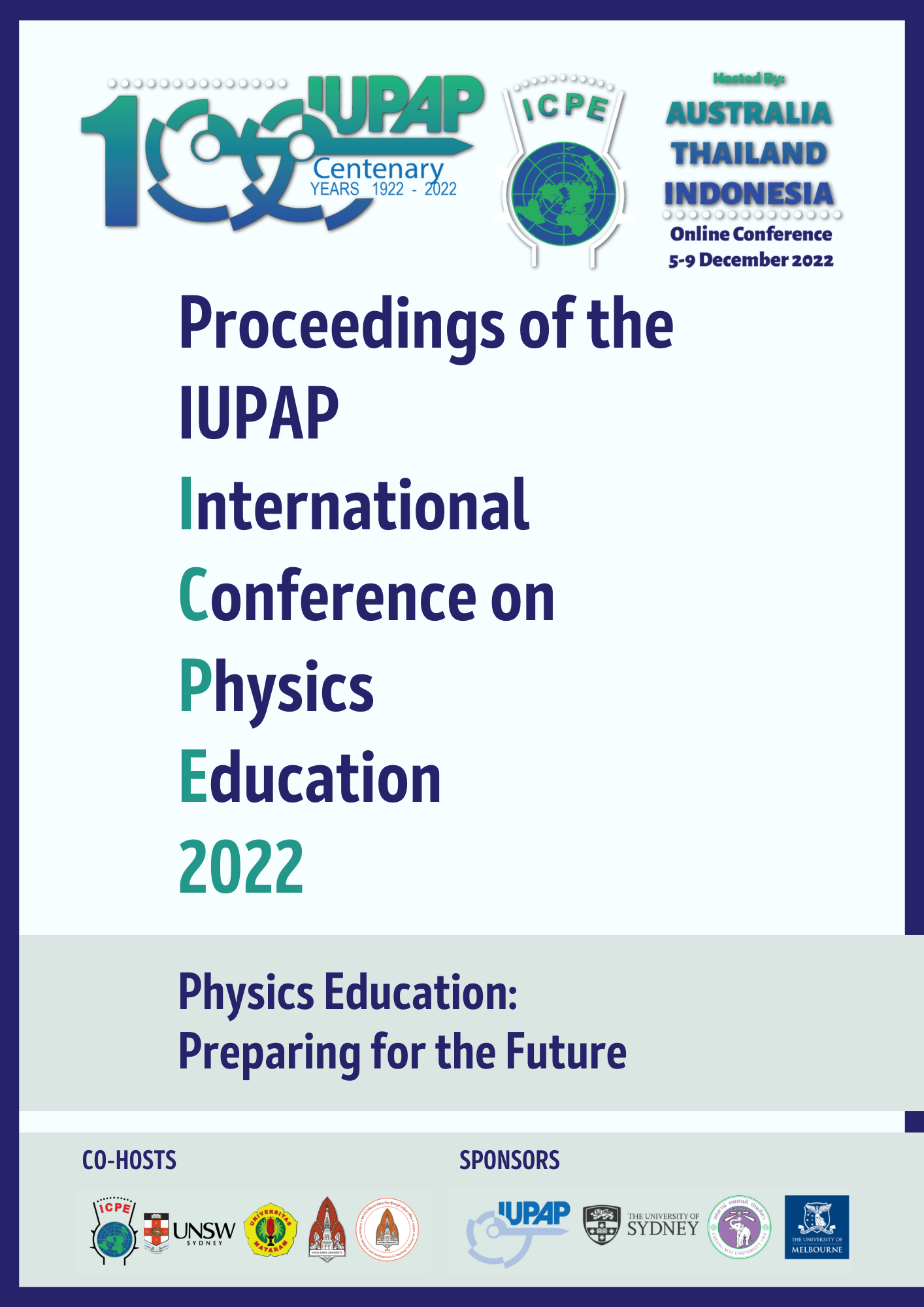Lessons learned from COVID-19: What works for online physics teaching and learning?
Abstract
Stating that the COVID-19 pandemic significantly interrupted our old-normal of educational institutions worldwide, is a huge understatement. It would be a mistake to assume that all faculties suddenly developed essential skills or an enthusiasm for online teaching as a result of the emergency remote teaching. The post-COVID-19 era offers an opportunity to improve the online teaching experience for faculty and to improve the quality of online learning for students.
While varied strategies are being used in online teaching and learning, this panel will focus on the questions:
- What lessons have physics instructors, students, and administrators learned from the pandemic?
- Are the lessons worth keeping? What gains were made, and how can physics teaching harness and improve on those gains?
- To what extent can online education bridge the gap among our students?
- What needs to be taken into account when designing online educational resources?
This panel will comprise of physics educators who have successfully taught physics online and been able to engage students actively.
CHAIR
Jacinta den Besten, The University of Melbourne, Australia
PANELLISTS
Svetlana Postnova, The University of Sydney, Australia
Sukrit (Nick) Sucharitakul, Chiang Mai University, Thailand
Bethany Wilcox, University of Boulder Colorado, USA
Downloads
Published
Issue
Section
License
Authors who publish with the Proceedings of the International Conference on Physics Education 2022 agree to the following terms:
a) Authors retain copyright and grant the journal right of first publication with the work simultaneously licensed under a Creative Commons Attribution License (https://creativecommons.org/licenses/by/4.0/) that allows others to share the work with an acknowledgement of the work's authorship and initial publication in this journal.
b) Authors are able to enter into separate, additional contractual arrangements for the non-exclusive distribution of the journal's published version of the work (e.g., post it to an institutional repository or publish it in a book), with an acknowledgement of its initial publication in this journal.
c) Authors are permitted and encouraged to post their work online (e.g., in institutional repositories or on their website) prior to and during the submission process, as it can lead to productive exchanges, as well as earlier and greater citation of published work (See The Effect of Open Access - http://opcit.eprints.org/oacitation-biblio.html).
Privacy Statement The names and email addresses entered in the Proceedings of the International Conference on Physics Education 2022 site will be used exclusively for the stated purposes of this journal and will not be made available for any other purpose or to any other party.
